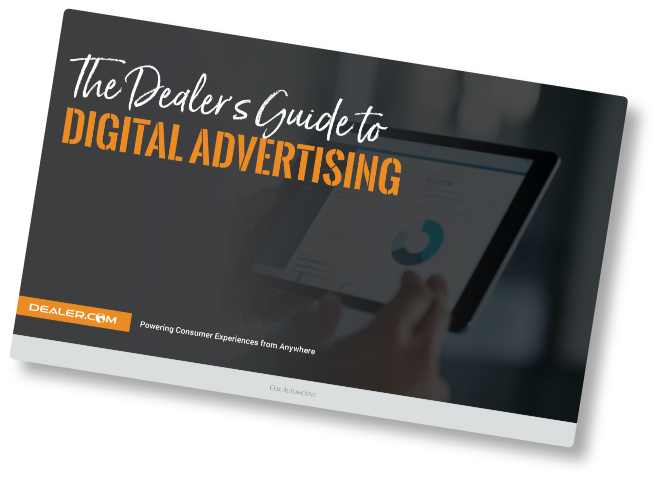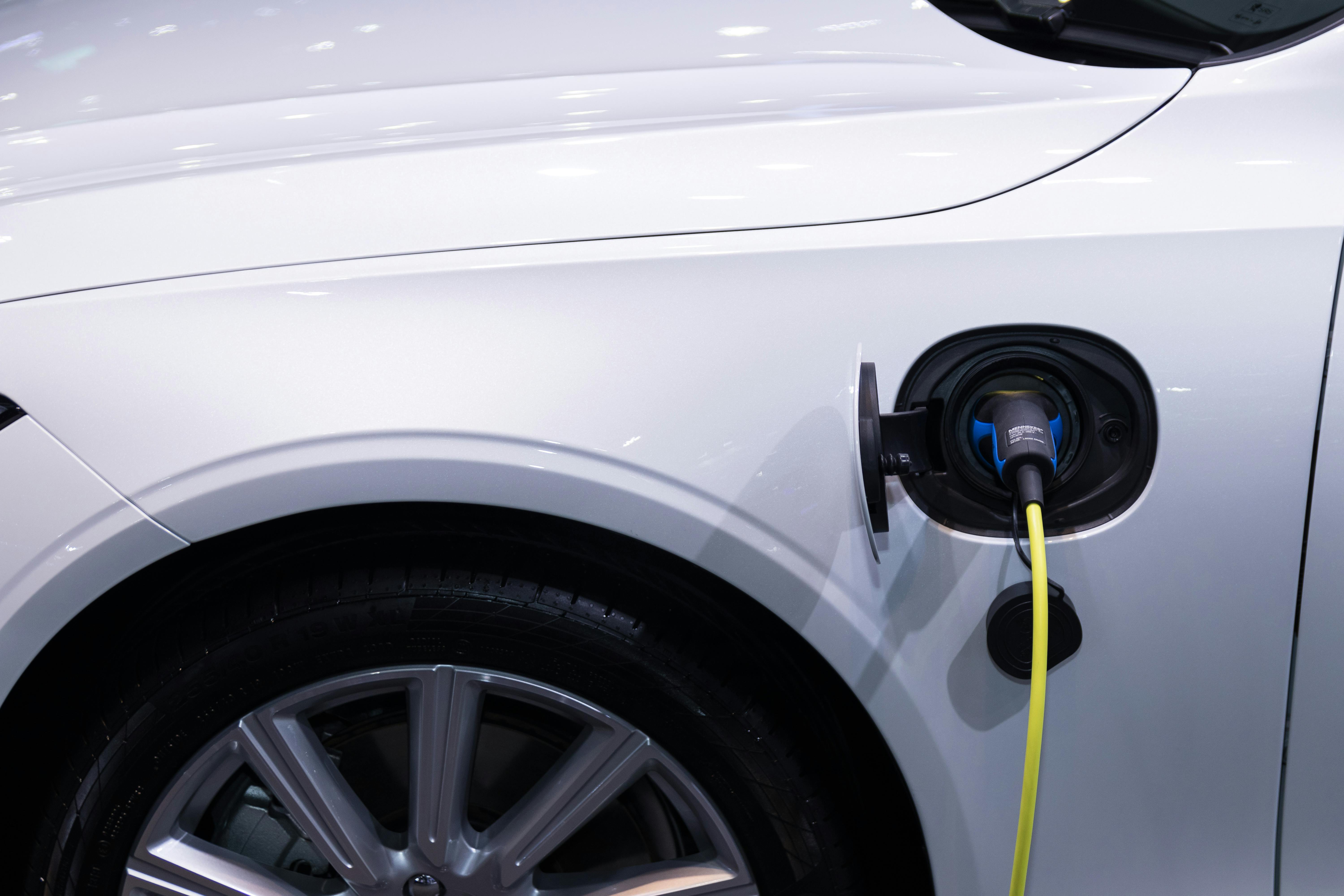
The retail automotive industry has been through a lot in the last few years—a global pandemic, an economic crisis, and a historic inventory shortage. As it always does, the industry came out on top and is in a surprisingly profitable period. But don’t breathe too easy, because the next big challenge is already on its way — “the cookiepocalypse!” Don’t be fooled by the deceptively sweet name — the cookiepocalypse has the potential to upend the way your dealership currently connects with customers. Fortunately, there’s a sure way to protect your business from digital disaster, and it’s already in your possession — your own data.
What is the cookiepocalypse?
By now, you’re probably familiar with the concept of cookies — the little bits of data websites deposit onto your computer as you browse the internet. Cookies can be used for a variety of purposes, from streamlining your web browsing experience to tracking your search and shopping history. Cookies are especially important to advertisers because they are essential to target relevant audiences. But cookies also have a downside. Many argue that by tracking users undetected, they violate people’s privacy on the internet.
Caught between its lucrative advertising business and its commitment to privacy protections, Google has announced that its Chrome browser will stop allowing third-party tracking cookies beginning in 2023. Other less popular web browsers have already started the process of phasing out third-party tracking cookies. That’s welcome news for privacy advocates, but it has many digital marketers preaching doom and gloom about the future of targeted advertising, earning the 2023 date the calamitous name of “cookiepocalypse.”
What can your dealership do?
Many of the advertising technologies you’ve invested in rely on third-party cookies to track, find, and reach consumers. As a result, the disappearance of third-party tracking cookies could have disastrous impacts on the effectiveness of your digital ads. Without cookies, you’ll have a harder time reaching your audiences, personalizing their experiences, and connecting online and in-store experiences, especially through retargeting.
Your dealership advertising will also become much more expensive.
That’s bad news for both dealers and car buyers because personalization doesn’t just lead to more profits, it also leads to a better shopping experience. Bret Towne, Senior Director of Enterprise Data Products at Cox Automotive recently discussed the importance of personalization in approaching car shoppers.
“When visitors get personalized experiences, whether it’s personalized specials or listings, we see a 4 times increase in automobile leads, deal pencils and digital retailing. We see a 3.3 times increase in trade-in deals, and a 216 percent increase in conversion rates for those visitors. You want to personalize your digital storefront and make it as relevant as possible for that consumer.”
With third-party cookies on their way out, dealers need to be prepared with new ways to engage consumers as they arrive at their websites. Given the current level of reliance on third-party cookies, the transition will be no easy task for most dealerships. Fortunately, the solution is something you already have — your own first-party data, which is now more valuable than ever before. Your dealership doesn’t need a third party to track and store a shoppers’ interactions with your company, and it’s easy to use that information to continue personalizing the experience for that limited set of customers.
Augmenting First-Party Data
While it’s about to become the next-best alternative to third-party tracking cookies, first-party data has limitations for most dealerships. Because it can only show how a shopper has interacted with their specific dealership, it gives a fairly limited view of that consumer’s interests and intentions. To be truly useful, dealers need the ability to gather, cleanse, and act upon shopper data, and they’ll need a broader view than their own data can provide. That’s why Dealer.com has developed cookie-less personalization technology.
Bret Towne explained at a recent industry-wide event, “Dealer.com has been looking to solve this cookie-less problem for a long time now. We’ve been collecting over 26 billion key digital online activities that consumers are engaging in every single year, all in first-party cookie, with zero third-party cookie reliance. We also have a proprietary technology that’s allowing us to stitch together cross-platform first-party cookie activity. We’re able to reliably stitch together all of those digital signals about consumers that gives us a very holistic view about what those consumers are interested in, what level of in-market readiness they are, and ultimately, we can make predictions about what they’re going to do next.”
It’s easy to see how dealerships that learn to leverage and supplement their first-party data will have a competitive advantage as everyone is weaned off of their reliance on third-party cookies. On the vendor side of this transition, Dealer.com is in a very strong position to enhance your company’s ability to personalize the shopping experience as you move increasingly further away from third-party cookies.
How Does It Work?
There’s a clear reason for Dealer.com’s strong position as the industry transitions into a cookie-less world. It’s part of the end-to-end Cox Automotive ecosystem that allows the company to make connections no one else can. At a recent industry event, Noah Lee explained the exclusive process in detail.
“When somebody comes to the website, we recognize their device ID or IP address or the internet provider they’re coming from and we query our database to say, ‘do we know anything about that shopper?’ We have that info if they’ve visited Autotrader or Kelley Blue Book or if they’re in VinSolutions. And with our unique website solutions, we can show them vehicle- and customer-specific data.”
More important than how it works is that it really does work. Personalized experiences increase engagement and that’s not going to change with the death of the third-party cookie. Dealers are going to continue to need the ability to learn about consumers and use that information to predict behaviors and customize the buying process. Cox Automotive is doing that today without the use of third-party data, and the technology will become a lifeline for dealers following the phase out of third-party tracking cookies.
“When dealers have this identity capability powering their digital storefront for personalization,” explained Lee, “they personalize at a rate of 58 percent of visitors. 58 percent of visitors then get personalized experiences to drive up engagement. When we see that dealers aren’t using this technology, only 24 percent of website visits are being personalized. And what’s going to happen when the third-party cookies fully deprecate? That 24 percent will drop down to nearly nothing.”
Finding a Future Beyond Cookies
The cookiepocalypse may be on its way, but by now, your dealership is ready for anything. You’re already more prepared than you know for the death of third-party cookies because, in the form of your own first-party data, part of the solution is already in your possession. By adding Dealer.com’s cookie-less personalization technology and its vast universe of shopper data, you’ll have all the tools you need to continue powering your advertising, personalizing the sales process, and making profits. With the power of a powerful automotive advertising agency like Dealer.com in your corner, the cookiepocalypse might not be so apocalyptic after all.



